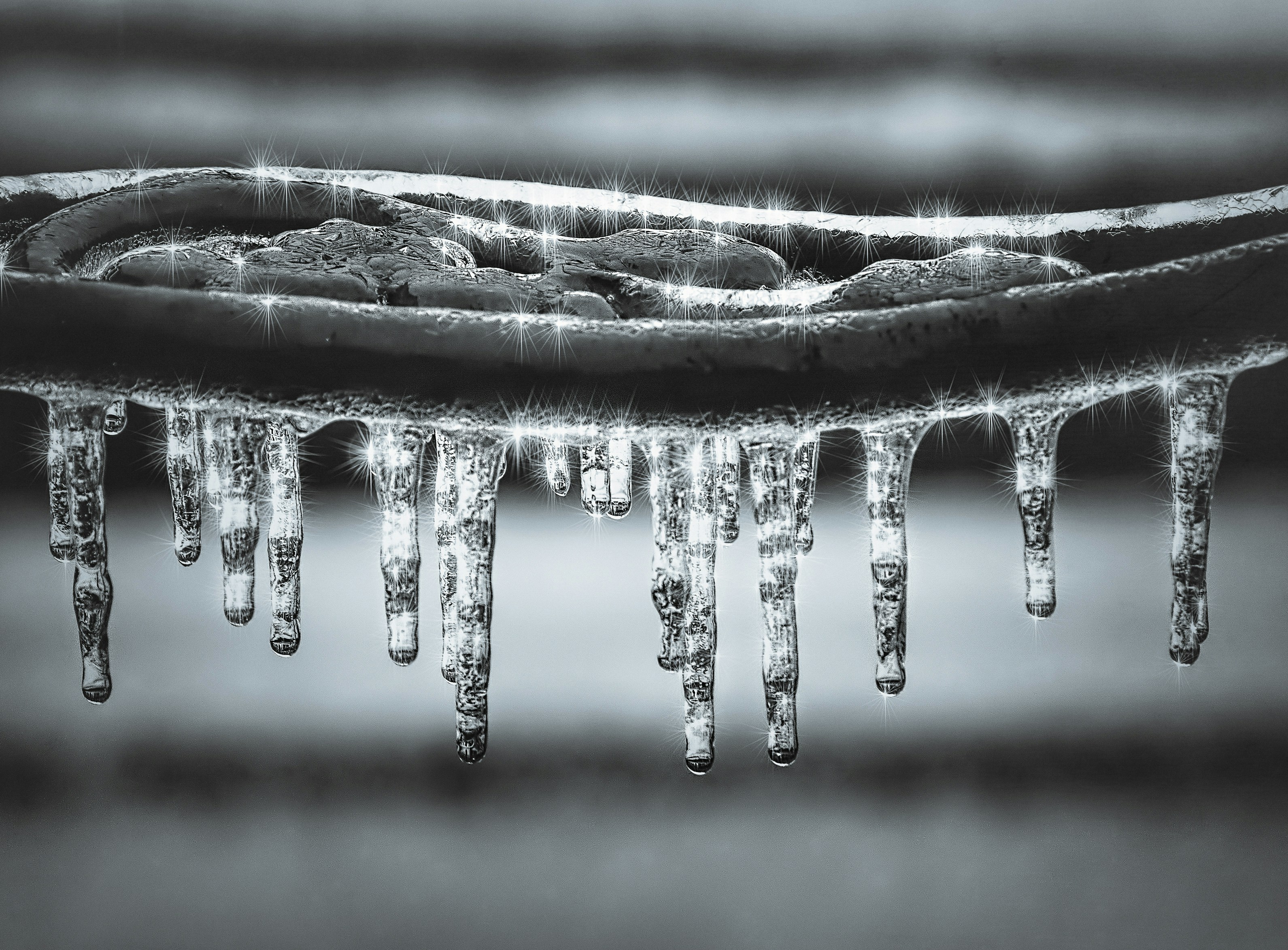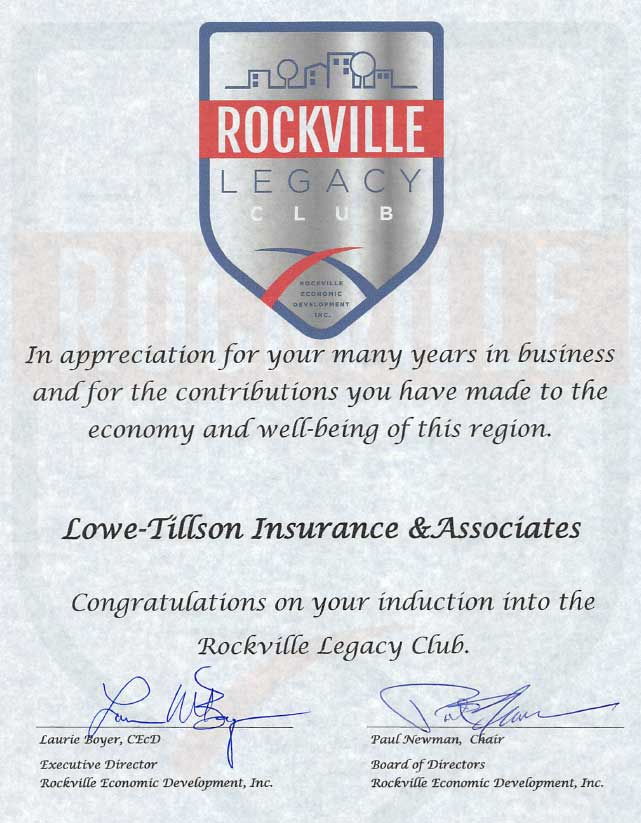Identifying and Avoiding Phone Scams
Every year, people report fraud, identity theft and bad business practices to the Federal Trade Commission (FTC) and law enforcement partners. According to FTC data, nearly 3 million people reported fraud in the past year, and 1 in 4 said they also lost money. The median loss in scams that start with a call is $1,200, higher than any other contact method.
As such, the chances are likely that you have or will be on the receiving end of a phone scam. Technology has made this even easier as scammers leverage robocalls or spoofing tools to change phone numbers. This article highlights the warning signs of scams and tips on protecting yourself from phone scams.
Warning Signs
Recognizing the common signs of a scam could help you avoid falling for one. Here are some general indications that a call or text is a scam:
- Scammers pretend to be from a familiar organization. Scammers may pose as someone from a charity, utility company, law enforcement or federal agencies. They may use a real organization name or make up something that sounds official.
- Scammers say there’s a problem or a prize. Remember, if you have to pay to get the prize, it’s not really a prize.
- Scammers pressure you to act immediately. Legitimate businesses will give you time to think about their offer. Real businesses won’t make you stay on the phone (so you can’t check out the story) nor threaten to arrest you, sue you or take away your driver’s license.
- Scammers tell you to pay in a specific way. There’s never a good reason to send cash, pay with a gift card, wire money or pay using a transfer app. These methods make it difficult for you to get your money back, which is ideal for scammers.
Phone scams come in many forms, but they often make similar promises or threats. Trust your gut if something seems off or too good to be true.
Consumer Tips
To prevent unwanted robocalls and phony texts and potentially avoid phone scams, the FTC recommends the following tips:
- Block unwanted calls and text messages. Talk to your phone company about call blocking tools they may have and check into apps that you can download to your mobile device to block unwanted calls and text messages.
- Register your number on the Do Not Call Registry. Legitimate telemarketers consult this list to avoid calling both landline and wireless phone numbers on the list.
- Don’t answer calls from unknown numbers. If you answer a robocall, hang up immediately. Remember that even though caller ID may show a “local” number, the call isn’t necessarily from a local caller, as it could be spoofed.
- Don’t provide your personal or financial information in response to a request that you didn’t expect. Legitimate organizations won’t call, email or text to ask for your personal information, such as your Social Security number, bank account or credit card numbers.
- Understand how scammers tell you to pay. Never pay someone who insists you pay with a gift card or a money transfer service. Additionally, you should never deposit a check and send money back to someone.
- Resist the pressure to act immediately. Legitimate businesses will provide you time to make a decision or provide payment. If it seems rushed or threatening, it’s likely a scammer.
- Don’t click on any links even if you get a text from a company you usually do business with and think it’s real. Instead, contact the company using a trustworthy website or look up their phone number. Don’t call the number they provided or the number from your caller ID.
- Talk to someone you trust. Before you do anything, tell a friend, family member, neighbor or other trusted person what happened. Talking about it could help you realize it’s a scam.
If you spot a scam or have given money to a scammer, you can report it to the FTC by filing a consumer complaint online or calling 1-877-FTC-HELP (382-4357). You can also visit the agency’s website to learn more about other consumer topics and more ways to protect yourself from scammers.
















 12 Days of Holiday Fire Safety
12 Days of Holiday Fire Safety


